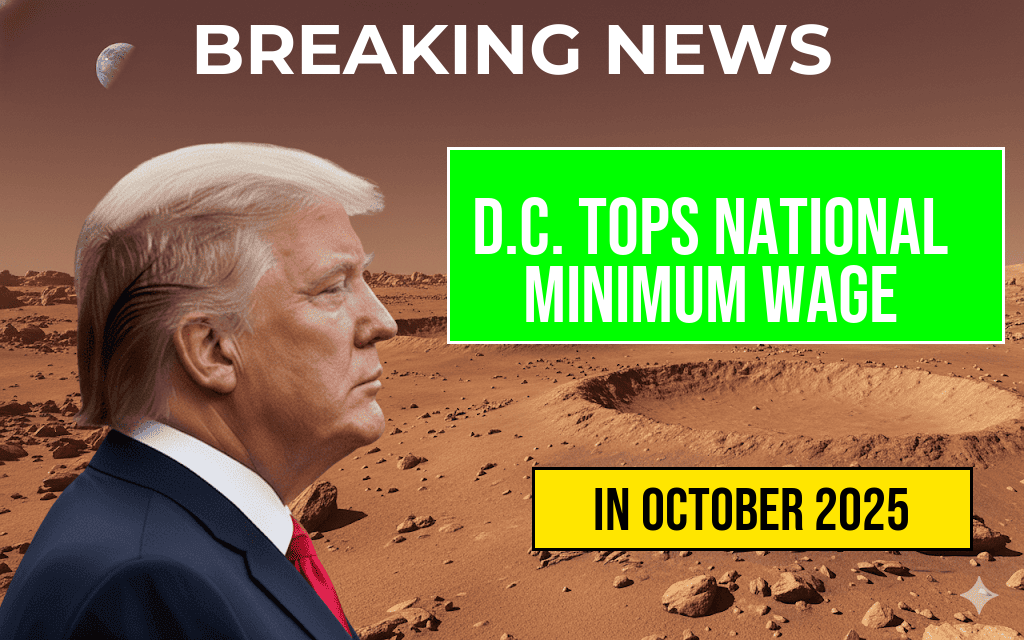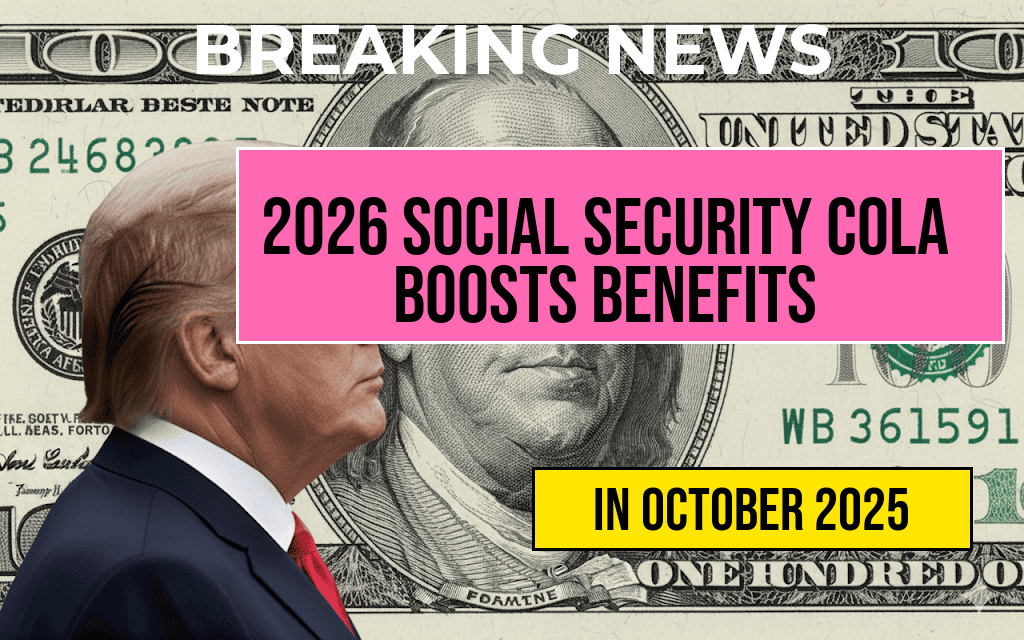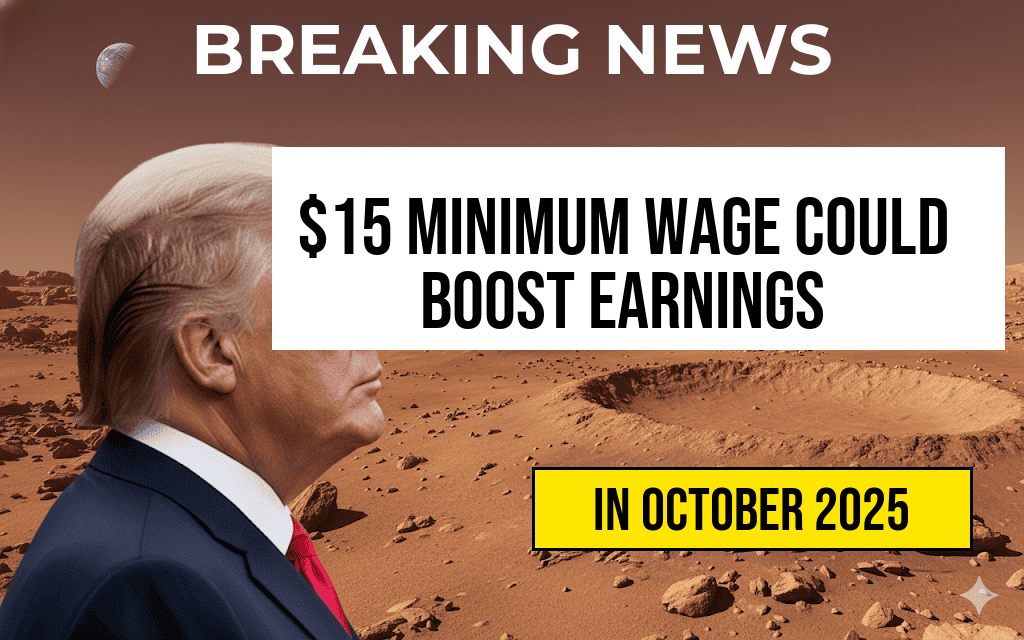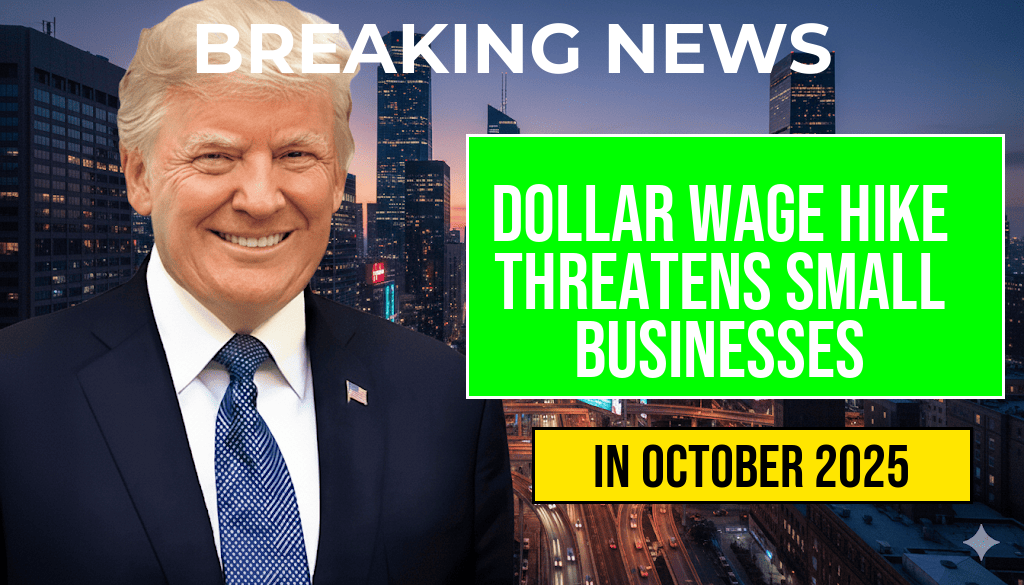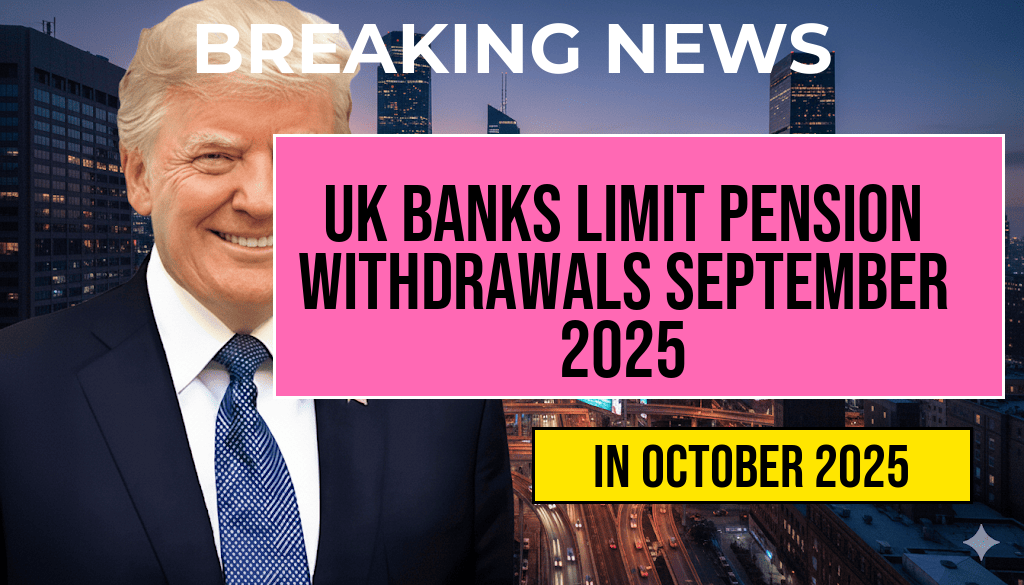Washington D.C. has solidified its position as the city with the highest minimum wage in the United States, setting the rate at $17.95 per hour as of 2024. This figure surpasses the federal minimum wage of $7.25 and reflects a series of local policies aimed at addressing the rising cost of living in the nation’s capital. The increase is part of a broader trend among states and municipalities implementing higher wage standards to improve economic stability for low-income workers. D.C.’s approach highlights ongoing debates over living wages, economic equity, and the impact of wage policies on businesses and residents alike. As the city continues to evolve as a hub for government, technology, and culture, its wage policies serve as a benchmark for other jurisdictions considering similar adjustments to support their workforce.
Washington D.C.’s Minimum Wage Policy and Its Evolution
Over the past decade, Washington D.C. has progressively raised its minimum wage, reflecting local efforts to combat income inequality and provide better economic security for its residents. The city’s minimum wage was initially aligned with federal standards but has steadily increased through legislative measures and voter-approved initiatives.
In 2019, D.C. lawmakers approved a phased plan to reach a minimum wage of $15.00 by 2020, with annual increases thereafter. These increases have continued, driven by economic data and advocacy from worker rights organizations. The latest adjustment brings the hourly rate to $17.95, making D.C. the highest among all U.S. states and territories.
Factors Contributing to D.C.’s Leading Wage Rate
- Cost of Living: Washington D.C. consistently ranks among the most expensive cities in the nation, with housing, transportation, and healthcare costs driving the push for higher wages.
- Political Will: Local government support for progressive wage policies has played a crucial role, with officials emphasizing economic equity and fair compensation.
- Worker Advocacy: Strong labor and advocacy groups have successfully lobbied for ongoing increases, often citing research that demonstrates the need for wages to keep pace with inflation and living costs.
- Economic Growth: The city’s robust economy, driven by federal agencies, technology firms, and service industries, provides the financial capacity to support higher wage standards.
Impacts of the Elevated Minimum Wage
On Workers
Proponents argue that higher wages directly benefit low-income workers, reducing poverty and increasing economic stability. According to a 2022 report from the Brookings Institution, cities with higher minimum wages often see improvements in worker productivity and satisfaction.
On Employers
Some small business owners express concerns about increased labor costs, which could lead to higher prices for consumers or reduced hiring. However, research from the National Bureau of Economic Research indicates that moderate wage hikes do not significantly hinder employment levels in the short term, especially in thriving economies like D.C.
On the Economy
Economic analysts note that D.C.’s high minimum wage might serve as a model for other regions aiming to balance wage growth with economic vitality. Nevertheless, the long-term effects remain a topic of ongoing research, especially considering potential impacts on small businesses and employment rates.
Comparative Overview of State and Local Minimum Wages
| Jurisdiction | Minimum Wage | Effective Date |
|---|---|---|
| Washington D.C. | $17.95 | 2024 |
| California | $16.00 | 2024 |
| New York | $15.00 | 2024 |
| Florida | $11.00 | 2024 |
Future Outlook and Policy Developments
Looking ahead, Washington D.C. officials have expressed intentions to continue reviewing and adjusting the minimum wage. Discussions are underway regarding potential increases tied to inflation and economic conditions, with some advocacy groups pushing for a target of $20 per hour within the next few years.
Additionally, policymakers are examining complementary measures such as paid family leave, affordable housing initiatives, and improved healthcare access to further support low-income residents.
For residents and workers, the rising minimum wage signifies a step toward greater economic resilience. However, balancing wage growth with broader economic stability remains an ongoing challenge that will shape the city’s policy landscape in the coming years.
Sources such as Wikipedia and Forbes provide additional context on wage trends nationwide and their socioeconomic impacts.
Frequently Asked Questions
What is the current minimum wage in Washington D.C.?
The minimum wage in Washington D.C. is currently set at $17.95 per hour, making it the highest in the United States.
How does Washington D.C.’s minimum wage compare to other states?
Washington D.C. leads the nation with the highest minimum wage, surpassing other states that have lower minimum wage rates, reflecting the city’s cost of living and economic policies.
Are there any upcoming changes to the minimum wage in Washington D.C.?
Any future adjustments to the minimum wage in Washington D.C. will depend on legislative decisions and economic conditions; it’s advisable to stay informed through official city updates.
Which workers are affected by the minimum wage laws in Washington D.C.?
The minimum wage laws in Washington D.C. apply to most hourly workers across various industries, including retail, hospitality, and service sectors.
What benefits do workers receive from the high minimum wage in Washington D.C.?
The high minimum wage helps ensure that workers can better support their families, reduce reliance on public assistance, and improve overall living standards in the city.

